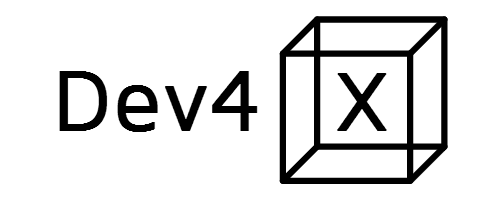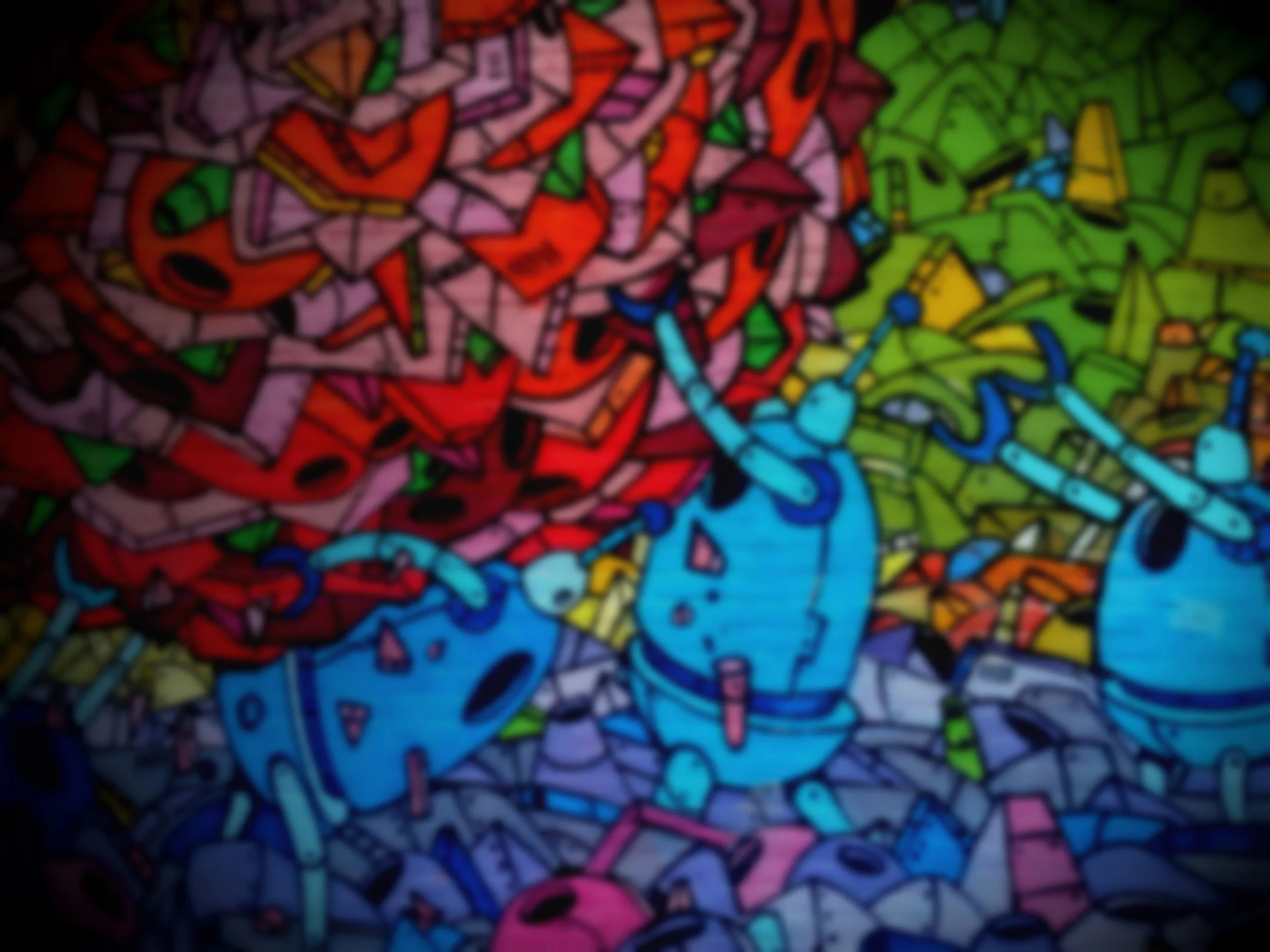Here is a University talk I recently gave that tells the story of how this project started, where we are at, and where we are going. To provide some real-world context, I explain the doing map project within the context of three stories, the learning map, the doing map (this project), and the Exoskeleton.
Overview
We (A loose group of collaborators that include the CRI, supported by UNESCO and backed by the ASML foundation) are building an open innovation platform for solving grand challenges.
Using the principles of Open Social Innovation on top of democratizing technologies like Distributed Autonomous Organizations (DAO), and Cryptocurrencies.
The Challenge
How do we go beyond incremental improvements and completely transform how our Global Grand Challenges are overcome and solutions are implemented?
Why traditional innovation WON'T cut it
First, there is a critical flaw in traditionally siloed innovation: radical innovation generally happens only once within closed systems. After that initial radical innovation is implemented, the natural state of the system is to protect that innovation and focus on optimization instead.
Secondly, 80% of challenges require a different approach to solving them. They require platform thinking as a public good.
With Open Social Innovation we can tackle 100% of global challenges. We can rapidly increase innovation within the top 20% where viable business models can be created, while at the same time address the bottom 80% with innovation shared as a common good.
A Solution:
Open Social Innovation generates solutions at an exponential pace by enabling them to be amended, localized, and recombined. It empowers innovators to leverage collective intelligence, mutualization and networked innovation.
How To MAke It Work:
Many attempts at open innovation have stumbled. We have worked with some of them, researched successful models and prototyped our own platform within open science and cancer research.
We found that open systems need three fundamentals, that only recently became viable to develop:
Fundamental 1 + 2
We think of projects as a collection of bricks, bricks that are small components of the greater project, like, a business model, a piece of technology that purifies water, a marketing strategy that cultivates grassroots activation. Consider the potential when each innovative project is able to share their ‘bricks’ within an interoperable framework, allowing the bricks to easily be, modified, improved and recombined with others.
With a library of these open bricks, innovation can rapidly accelerate, collective intelligence can be mutualized and innovation can grow exponentially.
Fundamental 3
We recognize that we need a new economic framework, a positive sum incentive mechanisms for an Open Innovation commons. To accomplish this we are experimenting with building an innovation market model that would work for various venture types: Be they volunteer, non-profit ventures or those that generate revenue. This would allow projects to share their innovations openly, while maximizing their opportunity to get a return on that investment into the open commons.
Innovation Market
In an innovation market, tokens are earned within bricks by contributing to them. In addition, when bricks are copied, the contributors to that brick are rewarded with tokens in the project that uses it. Both Projects and individual innovators can build sustainable businesses.
Trading rules
Users can trade tokens of any project using their SDG$ cash
Short selling is possible (to allow the price of a project to go lower even if the trader does not hold tokens of the project)
From their contributions & trading operations, users get a portfolio of token holdings from various projects
Impact Multiplier
Instead of a brick only being used by one entity, in the innovation market It’s impact can be multiplied many fold! It can be used by thousands, each providing the contributors to that brick with value.
When Projects are invested in, they improve their bricks that make their company work. This investment is multiplied manyfold throughout the network, which feeds back again to the project.
It is a positive sum economy - An investment in one is an investment in many.
Our Current work
We have successfully run an open cancer research pilot, and now we are building a full ecosystem where the entire development cycle of innovation fully leverages openness.
Design - Rapidly leverage existing innovation
Build - Tap into innovators
Test - Generate funding, investment and customers
Analyze - Leverage open research and AI to rapidly evolve the innovation
Serendipity AI
Our AI will generate powerful recommendations to projects, thanks to our interoperability framework. We may find a hydrogen fuel cell filter may work for a water purification project, or a textbook distribution model may be appropriate for a project selling mosquito nets.
People recommendation works similarly. When we understand the details of bricks and we have people earning tokens within bricks we can match appropriately credited people to solve specific challenges.
Platform Features:
learn from millions of ideas, experiments, approaches, failures and successes.
Tap into the cognitive surplus of innovators you could never hope to employ yourself.
Access and contribute to collective intelligence
Build a portfolio, network, experience, skills
Funding and Marketing opportunities
Our Vision,
What we expect
Open systems and the 4th industrial revolution decentralizes and distributes power and value according to new rules. This generates exciting opportunities for youth and those that want to change the way the world works.
We could usher in a world where problem solving, can generate massive job opportunities, outpacing those lost due to automation. Where innovative organizations are massively distributed, and value output is shared according to value input.
Youth Thrive !
We have geared our platform towards Youth, those in pioneering challenge-based learning programs, research projects and maker labs. Here through grit, experimentation, collaboration and continual learning, they gain the 21st century skills needed to adapt and thrive in our uncertain future.
While at the same time developing real-world value, a portfolio of projects, verified skills and a trusted reputation.
Want to read even more !?
TEam and Collaborators
We are social entrepreneurs, scientists, educators and technology specialists working on audatious "Moonshot" projects that drive innovation.
PhD, Founder of CRI, expert on the future of research and education. UNESCO Chair “Learning sciences”.
Moonshot Innovator, working on grand challenges using open innovation, Founder of Dev4X
Leo Blondel
Co-Founder $ VP of JOGL




















